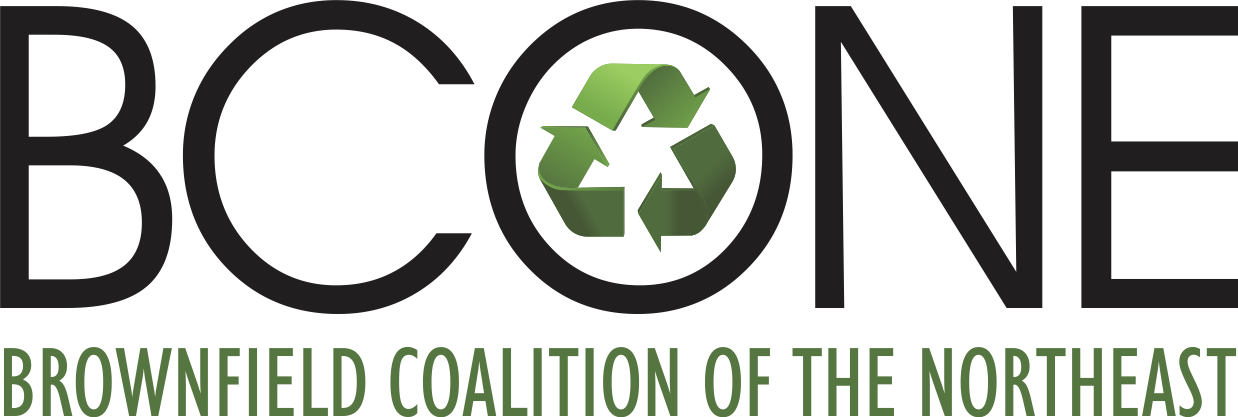by Barry Hersh
Connecticut has joined the growing number of states utilizing Land Banks to encourage redevelopment. On July 5, 2017, Governor Malloy signed legislation allowing for the establishment of local nonprofit land banks that would collaborate with cities and towns to acquire, remediate and redevelop some of the contaminated, or "brownfield,'' sites in the state. Last year Malloy vetoed an earlier version due to tax treatment issues; the signed law resolved those concerns and creates a new mechanism to encourage more brownfield redevelopment; facilitating the use of $200-million in funding Connecticut has recently allocated to brownfields.
The new law allows qualified local Land Banks to operate as private non-stock corporations which are likely to apply for federal 501(c) 3 non-profit status; and be eligible for state and local grants, accept tax exempt contributions and may be exempt from local real estate taxes. Land Banks can help clear title and tax liens, assemble properties, raise funds and facilitate remediation, making these sites more ready for redevelopment. Connecticut currently has one state-wide Land Bank, but the new law allows local qualified Land Banks to serve one or more municipalities – a unique feature designed for a state that does not have county governments. The Connecticut land bank legislation was put forth by the State Brownfield Working Group in collaboration with the state’s offices of environment, economic development and policy, as well as legislative committees. Qualified non-profit Land Banks are distinct from the private owner and institutional practice sometimes called “land-banking”, acquiring property for long term future development.
There are a growing number, now about 170, of qualified non-profit Land Banks in the United States, many at the county level in Michigan and Ohio, aimed primarily at the acquisition and reuse of vacant, abandoned residential lots in distressed communities. The Connecticut law mainly targets former industrial and other brownfields where municipalities may be reluctant to take title. New York’s Empire State Development Corporation recently increased to 25 the number of authorized county Land Banks, some of which have received funding through the Attorney General Office’s dispersal of banks’ foreclosure settlement funds. There are also self-described Community Land Banks which tend to focus on preserving and promoting community gardens and urban open space. Overall, Land Banks have become an important tool for communities to take on various types of challenging redevelopment projects.
Barry Hersh, NYU SPS Schack Institute of Real Estate, has a new book, Urban Redevelopment, which will be published by Routledge on 9/6/17. Mr. Hersh is a long-time member of BCONE and spoke at the 2017 NSCW (as well as at previous NSCWs).
BCONE Advisory Board Member Dave Hurley (Fuss & O’Neill) is an active members of the CT Brownfield Working Group responsible for the legislation described above. It is chaired by BCONE member Gary O’Connor, Esq. of Pullman & Comley.

